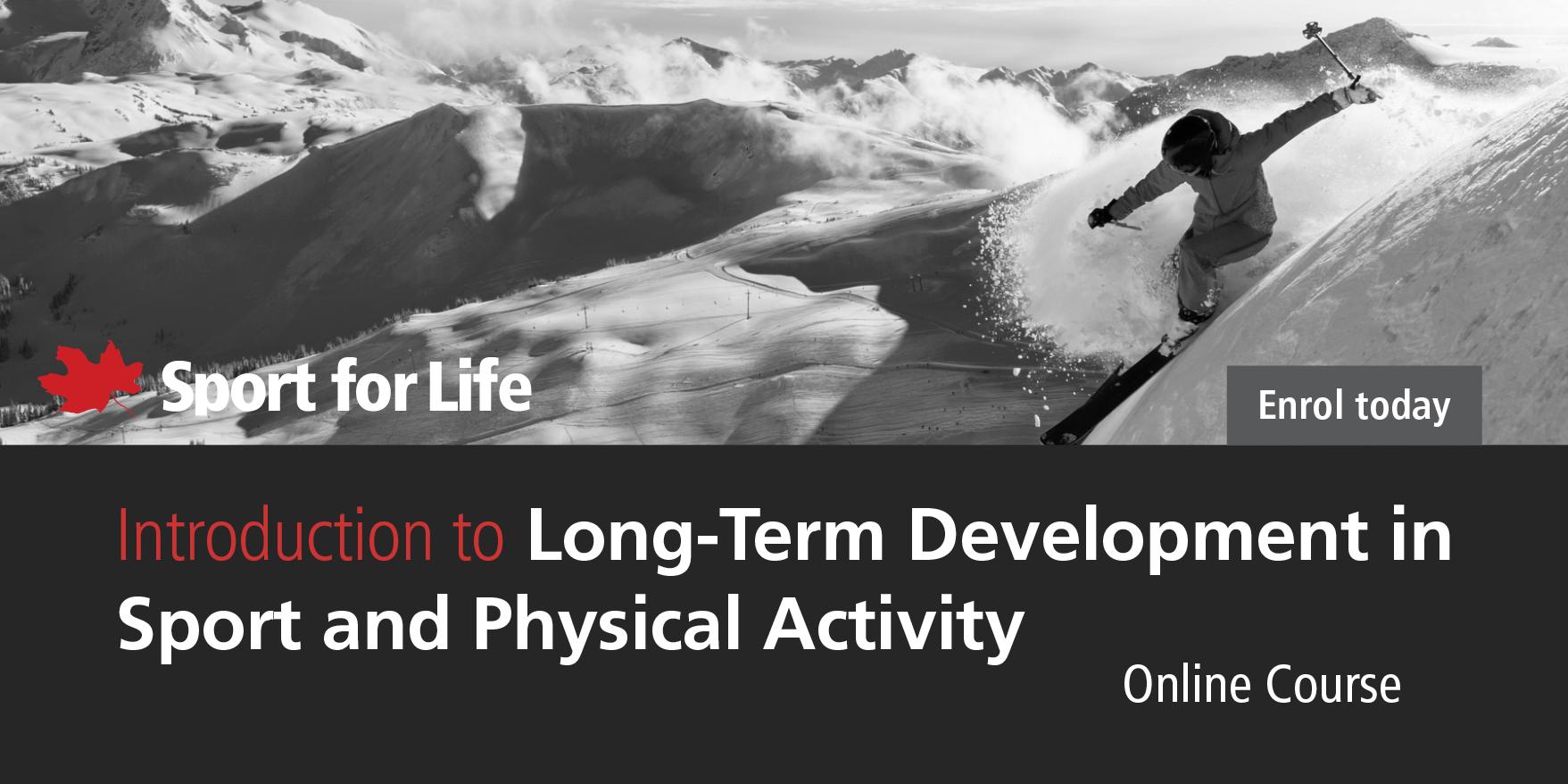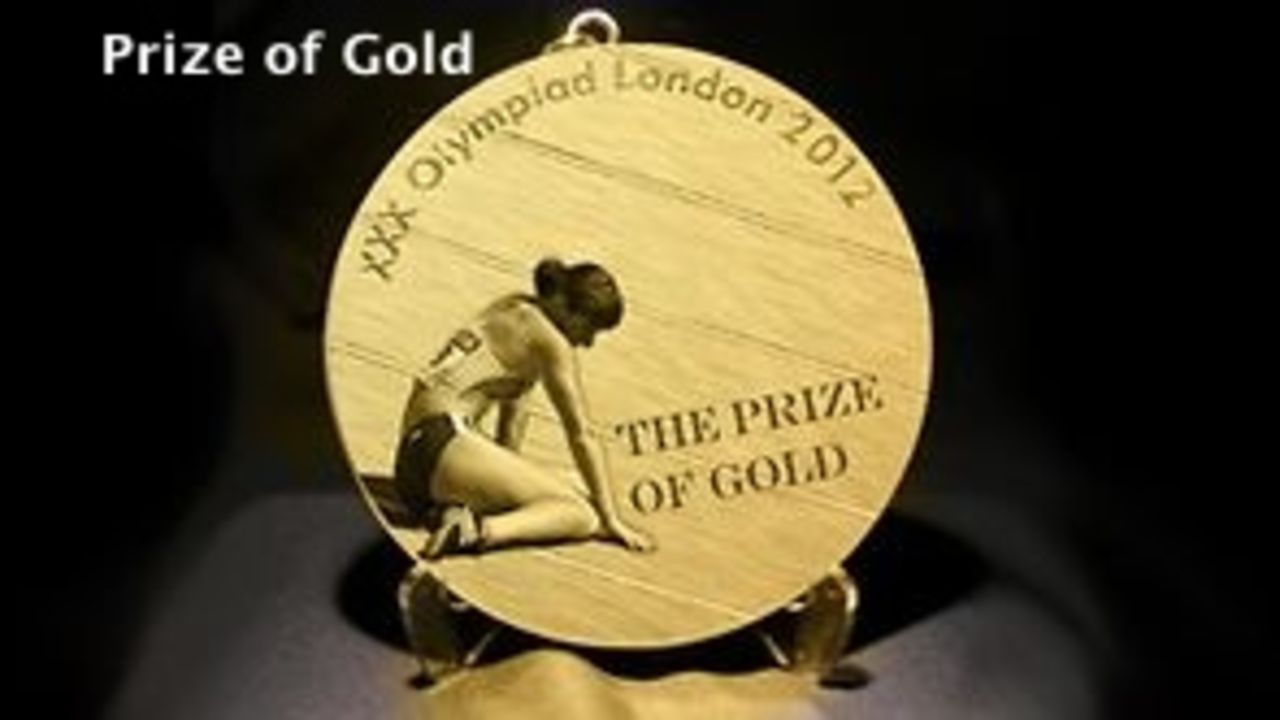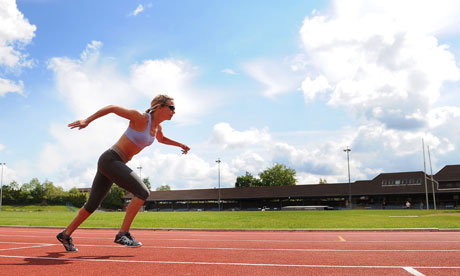More and more people over35 continue to play sports at a competitive level and this article published by the Canadian organization that deals with sports and physical activity proposes how coaches should behave with this type of athletes.
The training of masters is a relatively new topic, which has caught medical experts and physiologists off guard because, thinking in the traditional way, they have reached an age in which it is no longer possible to provide absolute level performance. These limits are scientifically demonstrated but the relevant question seems to me to be another.
What are the limits that masters who play sports in a competitive way can reach is not so clear, we know much better the damage caused by sedentariness. It would be interesting to know more about the relationship between genetics, psychology, medicine and physiology. Also to know better the numbers would be useful. If I think of people my age, that is, over 65, we know that in Italy only 10% of men and 8% of women practice sports continuously and that 5% of marathon runners fall into this age group. However, we do not know how many are those who train regularly weekly in a specific sport rather than those who walk. We know that an activity carried out in a balanced way, not wearing out the body is desirable, but what is the difference between these people and those who instead perform competitive activities. Does the secret lie in lifestyle or in genetics, in the wear and tear to which they subjected themselves in previous decades? These are the questions to which we can give answers, in my opinion for now generic or based on social stereotypes.
In the meantime, let’s read this Canadian research that opens a glimpse into the training of masters and the skills of coaches.









